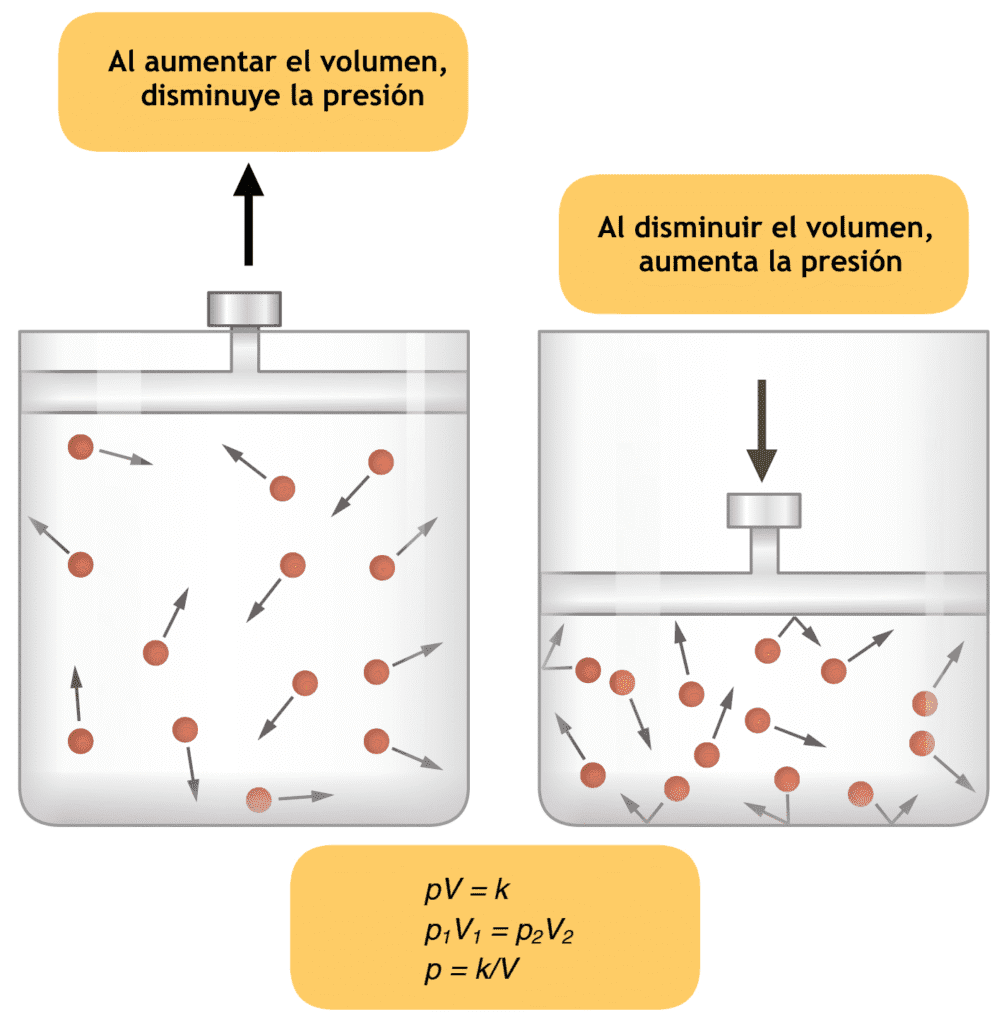Desflurane cardiovascular effects are mentioned here. There is a decrease in systemic vascular resistance and peripheral vasodilatation.
Cardiac depression, a dose-dependent tachycardia and fall in blood pressure are seen. Along with N20 this effect is minimal. Splanchnic and renal blood flow is preserved.
Desflurane is a direct coronary vasodilator. A rapid increase in concentration of desflurane causes an increase in the heart rate and blood pressure mediated perhaps by receptors in the lungs, airway and other systemic sites.
It does not sensitize the myocardium to epinephrine, but may induce junctional bradycardia similar to isoflurane. There are many more desflurane cardiovascular effects .
Miller’s anesthesia 7th edition says the following about desflurane cardiovascular effects –
Isoflurane and desflurane may also preserve autonomic nervous system regulation of the circulation to a greater degree than other volatile anesthetics do.
The baroreceptor reflex–mediated tachycardia that occurs during isoflurane and desflurane anesthesia serves to maintain cardiac output despite modest declines in contractility and stroke volume.
The declines in arterial pressure produced by volatile anesthetics may be attenuated by surgical stimulation or concomitant administration of nitrous oxide.
Volatile anesthetics also cause modest, dose-related increases in right atrial pressure in humans. These effects probably occur as a result of direct negative inotropic actions. The cardiovascular effects of volatile anesthetics are altered by the duration of anesthesia.
Increases in myocardial contractility and cardiac output and decreases in LV preload and afterload occur after several hours of constant MAC anesthesia.
Recovery from circulatory depression is greatest during halothane anesthesia but is somewhat less pronounced during prolonged administration of isoflurane and desflurane.

